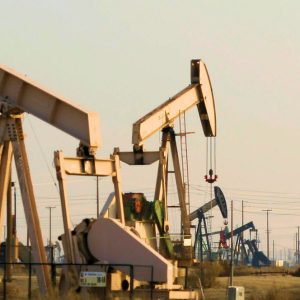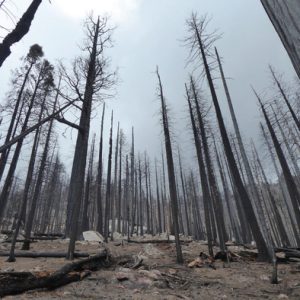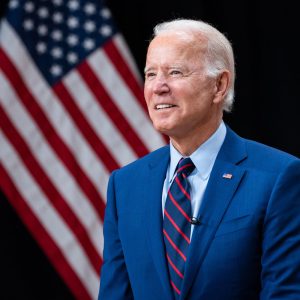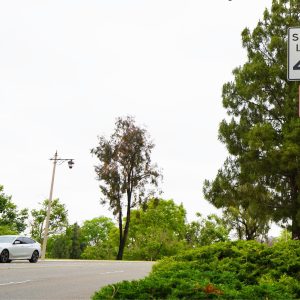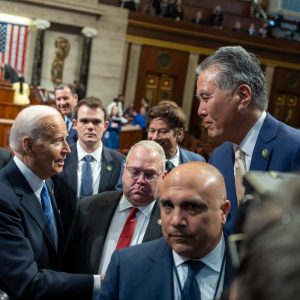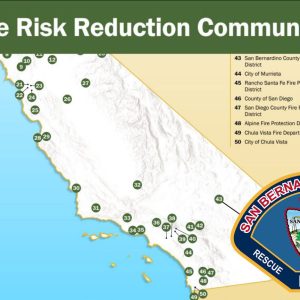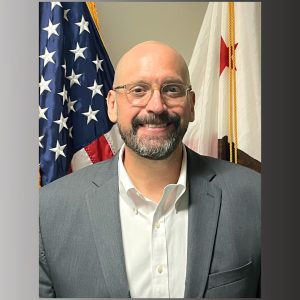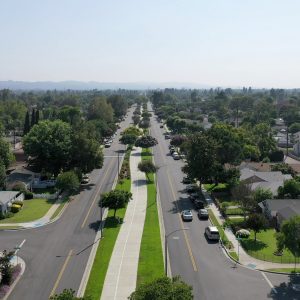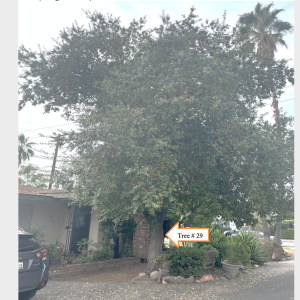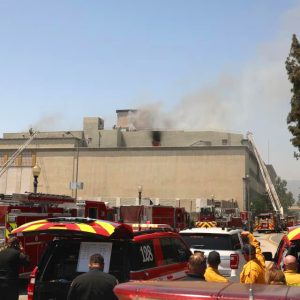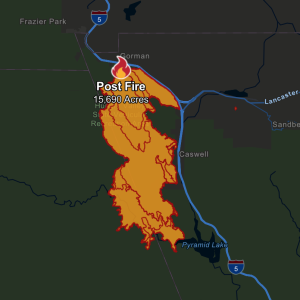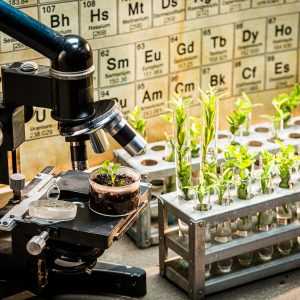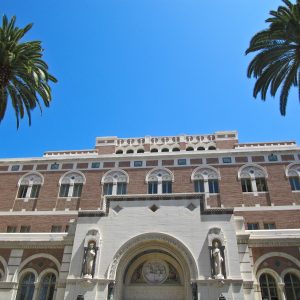 View Winners →
View Winners → Feds to spend $34M cleaning up California orphaned oil, gas wells
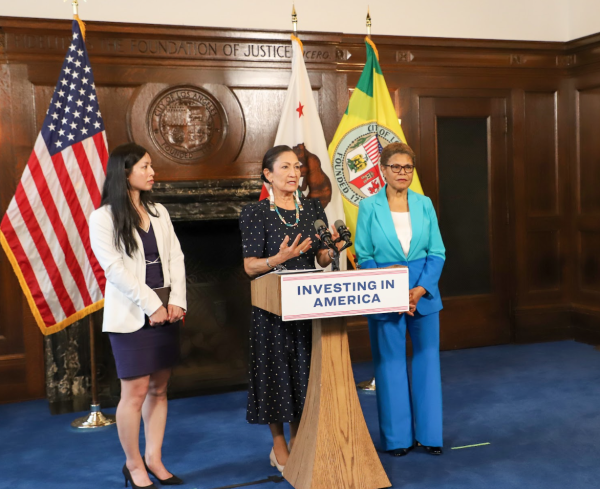
More than 200 orphaned oil and gas wells in California will be cleaned up with $35.2 million from the federal government, the U.S. Department of the Interior announced Friday.
The cleanup funds come through President Joe Biden’s Investing in America agenda to continue reclaiming and restoring orphaned oil and gas wells in California, according to the department. With this new funding, the state expects to plug and remediate 206 high-risk orphaned oil and gas wells and decommission 47 production facilities with about 70,000 feet of pipelines.
Interior Department officials also announced new guidance on matching grants for states to access $30 million each in additional funding for cleaning up orphaned wells.
“President Biden’s Investing in America agenda is creating jobs and revitalizing local economies while cleaning up harmful legacy pollution sites throughout the country,” said Department of the Interior Secretary Deb Haaland said in a statement. “I’ve seen firsthand, including right here in Los Angeles, the urgent need to address these hazardous sites, many of which are actively leaking oil and releasing methane gas. With this historic funding, states like California are making significant progress in plugging wells and protecting communities. These investments are good for our climate, for the health of our communities and for American workers.”
LA Mayor Karen Bass said in a statement, “This is an issue of environmental justice. Today we are locking arms across the city, state and federal governments to continue our work to end neighborhood oil drilling in the City of Los Angeles to protect the health of Angelenos and advance our vision of Environmental Justice.”
Orphaned oil and gas wells pollute backyards, recreation areas and public spaces nationwide. The wells create serious health and safety threats by contaminating surface and groundwater, emitting air pollutants and leaking methane, which officials said was a “super pollutant” that is a key contributor climate change and many times more potent than carbon dioxide at trapping heat in the atmosphere. Cleaning up orphaned wells in in line with other efforts by the Biden administration under the U.S. Methane Emissions Reduction Action Plan.
Through the Bipartisan Infrastructure Law, the Interior Department is delivering the largest investment in mitigating legacy pollution in American history, including $4.7 billion for plugging orphaned fossil-fuel wells, officials said. Since August 2022, the Department has awarded $565 million to 25 states, including $25 million to California, to start plugging and cleaning up wells. So far, California’s Geologic Energy Management Division has plugged 156 wells and did surface restoration of well sites.
Haaland made the announcement following a briefing by the California Geologic Energy Management Division on the impact of the funding the state has received to date. Bass, California Deputy Secretary for Energy Le-Quyen Nguyen, labor representatives and environmental justice advocates were present for Haaland’s grant announcement.
The secretary visited LA in December 2021 to draw attention to the “devastating and long-lasting effects of legacy pollution,” according to the Interior Department statement.
California’s grant is part of $660 million that will be released on a rolling basis, officials said. California will use its $32.5 million to detect and measure methane emissions from orphaned wells and test for adverse impacts to groundwater and surface water. Priority will be given to orphaned wells near “overburdened and disadvantaged” areas.
The grants are part of Biden’s Justice40 Initiative, which aims to deliver 40% of the overall benefits of certain federal investments to disadvantaged communities that have been historically marginalized by underinvestment and overburdened by pollution.
The Bipartisan Infrastructure Law also provides $1.5 billion for state performance grants, which fall into two sub-categories: matching grants and regulatory improvement grants.Today, Secretary Haaland announced final guidance to states on how to apply for the up to $30 million in matching grant funding available to each state to create jobs and clean up polluting and unsafe orphaned oil and gas wells.
Eligible states may receive a matching grant from the Department equal to what the state commits to spend each fiscal year if that amount is greater than the average spent by the state between 2010 and 2019. By incentivizing states to increase their own spending on plugging and reclaiming orphaned wells, these grants will help address even more of the wells littered across the country. The guidance released today is a result of robust engagement with state partners and public stakeholders and reflects feedback provided on the draft that was released in February 2024.
According to a StoryMap recently released by the Interior Department, well plugging is happening across the country. Since the enactment of the Bipartisan Infrastructure Law, states have plugged more than 7,700 orphaned wells and reduced about 11,530 metric tons of possible methane emissions.
In addition to providing funding to states, the Bipartisan Infrastructure Law allocated $250 million to clean up well sites in national parks, national forests, national wildlife refuges and other public lands. Nearly $150 million has been allocated over the past three years.
This funding for states and federal land managers is in addition to the close to $40 million awarded to Native American tribes in September.








